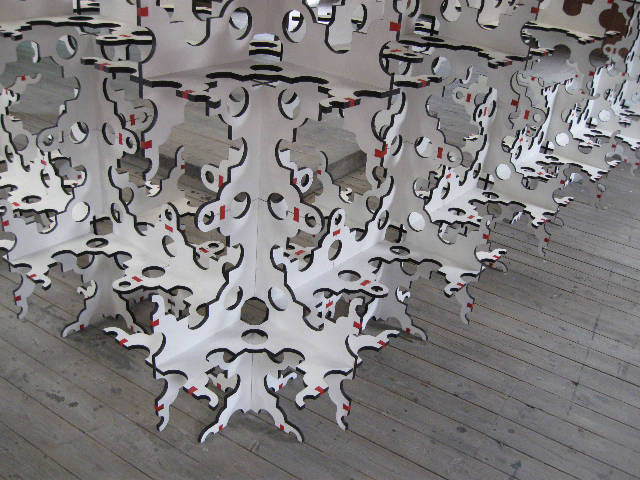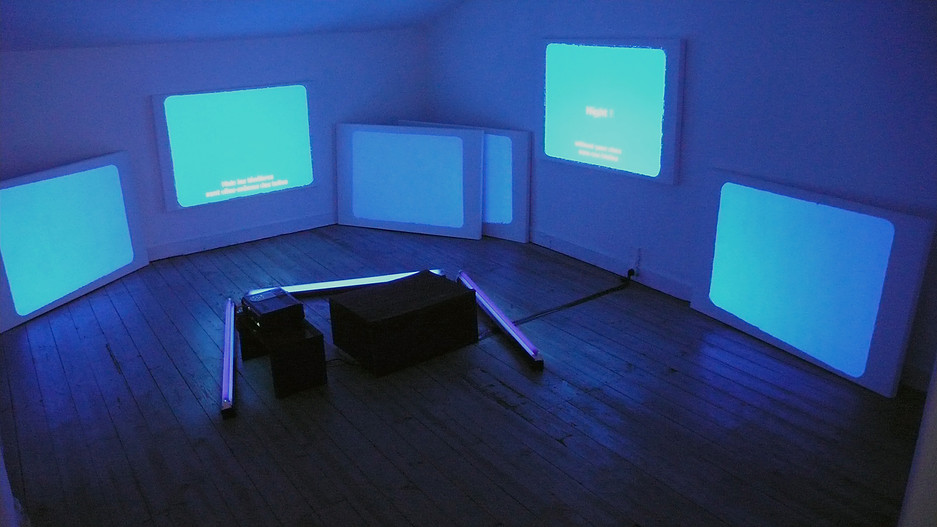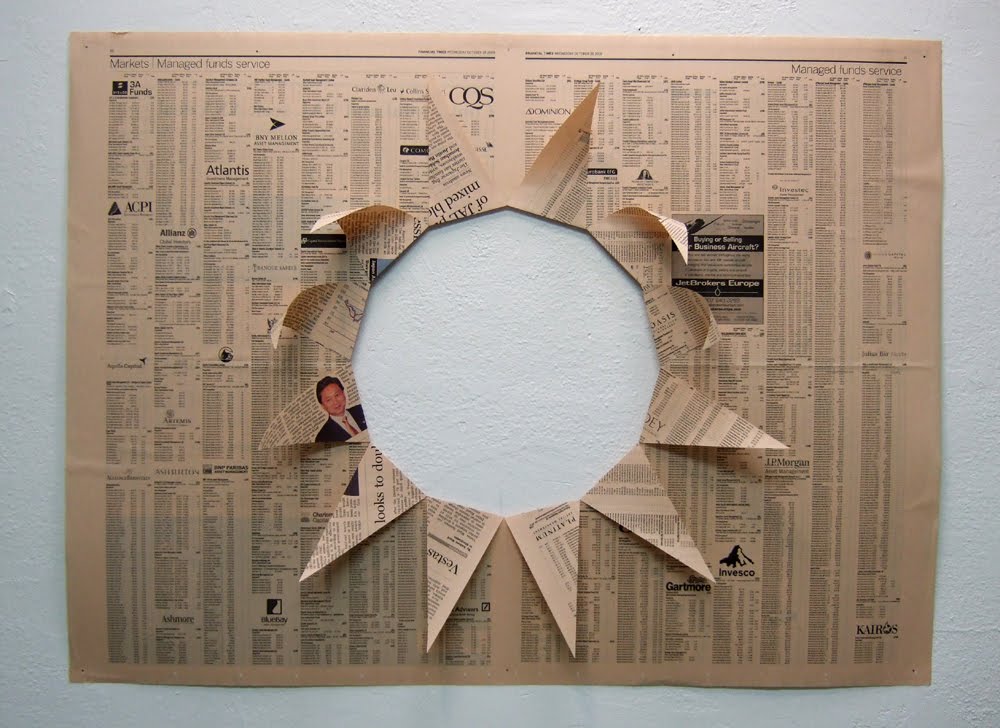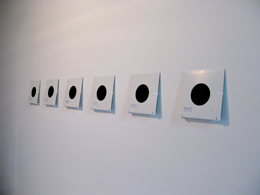Objet Perdu. The art which is truly contemporary is suspicious of the glittering aura that the industry assigns it. Preferring the path of imagination (Marcuse), this art resists the commodification of its processuality and finds its value in cognition. A sense of auto-poesis projects it into the darkness of the future. It is the territory of the self-sufficiency of the device. Sacrifice and loss; this is the art that loses itself in order to find itself. According to Nietzsche (and Barthes), the cultural sense of relevance, when looking with critical anxiety toward the sky, implies the immediate assessment of the irrelevance of the proposition of its knowledge, since it operates in accordance to values which the society of its own time aren’t capable of foreseeing.
We are thus contemporary creators in that we manage to be at the same time relevant and irrelevant. It is the attention to the emergence of this specific awareness of anachronism that allows us to trace a dynamic path and define our relative position in our time. This diversion suggests that I am persuading the reader of the irrelevancy of some artists and their pieces and in particular of those which I put in dialogue in an exhibition with the programmatic title Objet Perdu.
In fact, this poetic recreation is a rhetorical operation, more than a philosophical one. By
establishing this conversational premise for the artistic and curatorial practice, it becomes
more of a convivial rather than a dialectical conversation. I say rhetorical since it is a
persuasive inscription of the social in the public discourse. Making explicit an operative
metaphor, Objet Perdu presupposes an aphoristic intention that desanctifies the aura of
the objets d’art and approaches them with a quest for evidence of their cognitive
mechanisms.
Simeon Nelson, Cryptosphere, 2008
Hugues Decointet, Screen Paintings, 2016-2010
Pedro Penilo, anunciação-afeganistão / annunciation-afghanistan, 2010
António Contador, Praia da Rocha, 2009
Objet Perdu. A arte que é contemporânea suspeita da relevância dourada que a indústria lhe oferece. Prefere o caminho da imaginação (Marcuse), resistindo à mercantilização da sua processualidade e aferindo o seu valor enquanto estratégia cognitiva. Ela irrompe com um sentido de auto-poiesis que a projecta para a escuridão do futuro. Ela é o território da autosuficiência do dispositivo. Sacrifício e perda, esta é a arte que se perde para (não) se encontrar.
Segundo Nietzsche [e Barthes], o sentido cultural da relevância, quando olha com ansiedade crítica o negro no céu, implica a imediata constatação da irrelevância da proposição do seu saber, uma vez que opera de acordo com valores que a sociedade do seu tempo não é capaz de vislumbrar. Acerca daqueles que são genuinamente contemporâneos, afirma Agamben: They are thus in this sense irrelevant [innatuale]. But precisely because of this condition, precisely through this disconnection and this anachronism, they are more capable than others of perceiving and grasping their own time. Em concreto, e seguindo a lógica de Agamben, o artista tem de desconfiar do reconhecimento para se manter não relevante, mas precisamente irrelevante. Só assim persiste uma voz do futuro e do que vem.
Somos portanto criadores contemporâneos na exacta medida em que soubermos ser ao mesmo tempo, e de acordo com diferentes contextos e situações, relevantes e irrelevantes. É a atenção à emergência desta consciência específica do anacronismo que nos permite traçar de forma dinâmica um percurso e nos define a posição, sempre relativa, perante o nosso tempo. Este excurso sugere que procuro persuadir o leitor acerca da irrelevância de alguns artistas e das suas peças e em particular das que faço conviver numa exposição com o título programático de Objet Perdu. De facto, esta minha liberdade poética é uma operação retórica, mais do que filosófica, precisamente porque estabelece uma premissa conversacional – mais convivial que dialéctica – para a própria actividade artística e curatorial. Digo retórica ainda, porque inscrição social, persuasiva, no domínio público. Ao explicitar uma metáfora operativa, a mostra supõe uma pretensão aforística que dessacraliza a aura dos objectos de arte e os aborda antes do mais pela evidência dos seus mecanismos cognitivos. A expressão objet perdu encadeia assim a filiação dada-surrealista, o contexto institucional da proposta e o humor do desencontro com a contemporaneidade, no anacronismo de um trocadilho.
Plataforma Revolver Lisbon/Lisboa 28.1 > 13.3 Curador/Curator Mário Caeiro Artistas/Artists: António Contador, Hugues Decointet, Simeon Nelson, Anabela Santos, Julião Sarmento, Carlos Sousa, Pedro Penilo.
http://www.artecapital.net/plataforma.php?id=25




